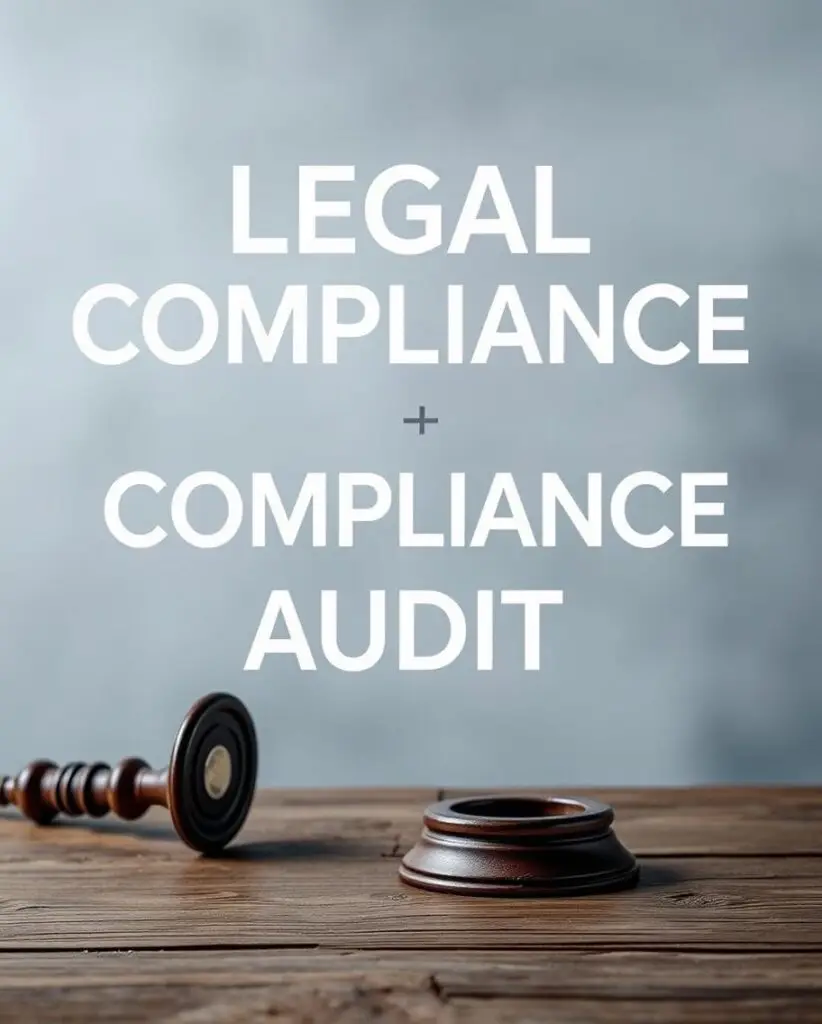Article by Salim Moshe
A legal audit is a systematic, objective and impartial examination of policies, documents, records, processes, practices and acts of an organization with a view to assessing their compliance with the entire legal and regulatory framework to which the organization is subject. The legal audit exercise briefly involves a certain stage such as terms of reference/ call for proposals stage, the proposal stage, contract stage, inception meeting stage, data collection, data analysis and report writing stage, preliminary and final report and finally the exit meeting stage. However, there are potent challenges that might serve as a set back when conducting the legal audit process which shall be explored in this article.
Clarity of terms can become a common pitfall in legal audits when legal language is overly complex or ambiguous. If terms and provisions are not clearly defined, it may lead to misunderstandings, misinterpretations, or differing expectations between the auditors and the entities being audited. This lack of clarity can result in incomplete or inaccurate assessments of legal compliance, potentially causing compliance issues to go unnoticed or leading to disputes later on. Therefore, precise and well-defined terms are crucial for the effectiveness of legal audits.
Clarity of scope can pose a challenge in legal audits when the parameters of the audit are not precisely defined. Without a well-defined scope, auditors may struggle to identify the specific legal requirements and areas to assess. This can lead to incomplete coverage, overlooking critical aspects of compliance, or unnecessary investigations into irrelevant areas. Clear scope ensures that the audit focuses on relevant legal aspects, providing accurate and comprehensive assessments of compliance without unnecessary complications or omissions.
Team composition can be a pitfall in legal audits if the audit team lacks the necessary expertise or diversity of skills. Inadequate representation of legal specialists, industry knowledge, or understanding of specific regulatory frameworks can compromise the thoroughness and accuracy of the audit. A well-rounded team with diverse skills and expertise ensures a comprehensive evaluation of legal compliance. Conversely, a team that lacks the requisite knowledge may overlook critical issues, resulting in an incomplete or less effective legal audit.
The duration of a legal audit can pose challenges when it is either too short or excessively prolonged. A rushed audit may lead to oversight or insufficient examination of legal compliance aspects. On the other hand, an overly lengthy audit may become resource-intensive and could lead to diminishing returns, as the legal landscape may evolve during the extended timeframe, impacting the relevance of findings. Striking the right balance in the duration of a legal audit is crucial to ensure a thorough examination of compliance without unnecessary delays or oversight.
The financial proposal in legal audits can be a setback if it is inadequate or unclear. If the budget is too restrictive, it may compromise the depth and thoroughness of the audit, potentially leading to overlooked compliance issues. Conversely, an excessively high budget without clear justifications may raise concerns about cost-effectiveness and efficiency. Clarity in the financial proposal, with a reasonable budget that aligns with the complexity of the legal audit, is essential to ensure that resources are appropriately allocated for a comprehensive and effective assessment of legal compliance.
The inception meeting in legal audits can become a pitfall if it lacks clarity in communication and alignment of expectations. If the objectives, scope, and methodologies are not clearly discussed and agreed upon during the inception meeting, it may lead to misunderstandings between the audit team and the audited entity. This lack of alignment can result in an ineffective audit process, with potential disputes arising later due to differing interpretations of the audit’s purpose and focus. A well-structured and clear inception meeting is crucial to establish a common understanding and set the foundation for a successful legal audit.
The interview schedule in legal audits can pose challenges if it is not carefully planned or if key stakeholders are unavailable. Poorly coordinated or rushed interviews may lead to incomplete information gathering, potentially missing crucial insights into legal compliance. Additionally, if key individuals are not included in the interview process, there’s a risk of overlooking significant legal aspects. A well-thought-out and organized interview schedule, involving relevant stakeholders, is essential to ensure a comprehensive assessment of legal compliance without gaps or oversights.
Issues with data collection and sampling techniques can hinder legal audits when they are not appropriately designed or executed. Inadequate sampling may lead to a lack of representation of key legal aspects, potentially resulting in inaccurate assessments of compliance. Flawed data collection methods, such as incomplete record reviews or reliance on outdated information, can compromise the integrity and reliability of audit findings. Careful planning, accurate data collection, and robust sampling techniques are essential to ensure the legal audit captures a representative and relevant snapshot of an organization’s compliance status.
The report writing stage in legal audits can be a hindrance if it lacks clarity, conciseness, or fails to effectively communicate findings and recommendations. A poorly structured or ambiguous report may lead to misunderstandings, making it challenging for organizations to address identified compliance issues. Incomplete or unclear documentation can also hinder the implementation of recommended corrective actions. A well-crafted report that clearly presents audit results, provides actionable insights, and aligns with industry standards enhances the value of the legal audit and facilitates smoother compliance improvement processes.
The exit meeting in legal audits can be a pitfall if it lacks effective communication or if key issues are not adequately addressed. If there is a failure to clearly explain audit findings, recommendations, or the significance of identified compliance issues during the exit meeting, it may lead to misunderstandings or a lack of commitment to necessary corrective actions. Ineffective communication during this crucial stage can compromise the overall impact of the legal audit. A well-conducted exit meeting, with clear communication and a collaborative approach, is essential to ensure that the audited entity fully comprehends the findings and is prepared to take appropriate measures for legal compliance improvement.



